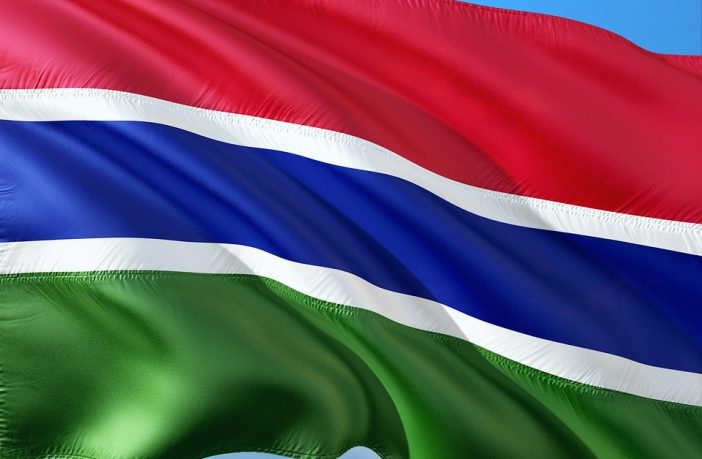- In support to the West African Power Pool (WAPP) program to establish an interconnected and coordinated network for fourteen countries in West Africa, the World Bank provided a grant for feasibility and ESIA study of the solar power plant of 150 MWp project in The Gambia.
- It is proposed that the regional project is developed in The Gambia under the concept of Solar Park “Plug & Play”.
The government ensures the availability of land obtains certain permits necessary to sign the Power Purchase Agreement (“PPA”) and prepares the transmission lines between the Solar Park and the utility connection substation. The reduction of regulatory barriers and the development of an auction system organized with a bankable PPP would allow a significant reduction in the cost of repurchasing electricity and will permit the independent power producers (“IPP”) to have a direct access to the grounds and infrastructure of the Solar Park.
The Gambia enjoys very good solar insolation throughout the year with slight seasonal variations. The average daily solar radiation ranges from 4.4-6.7 kWh/m2 making solar energy the most prominent renewable energy resource of the country.
Link to the terms of reference HERE
Author: Bryan Groenendaal















